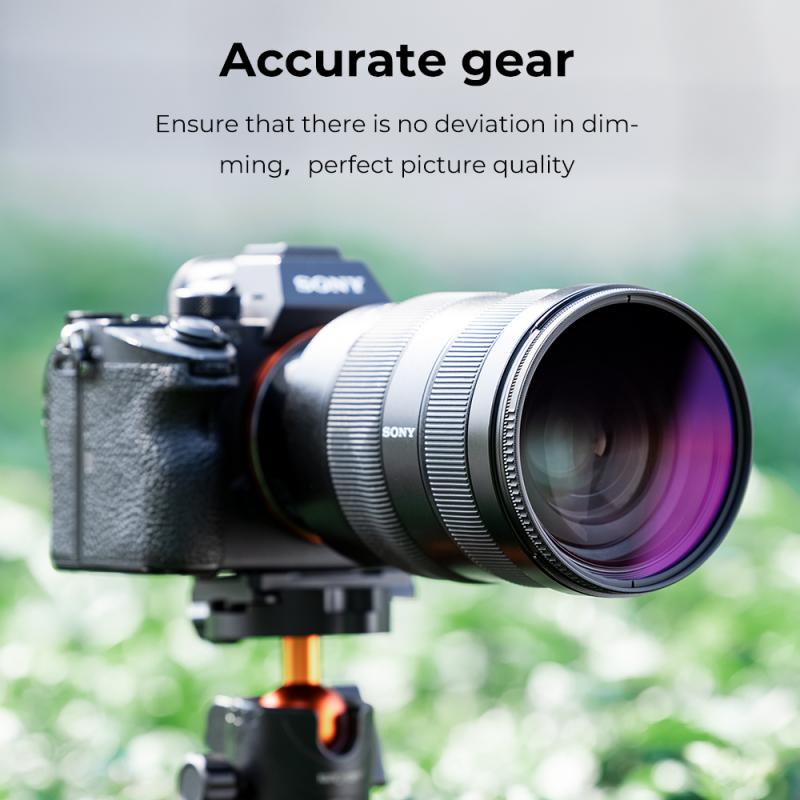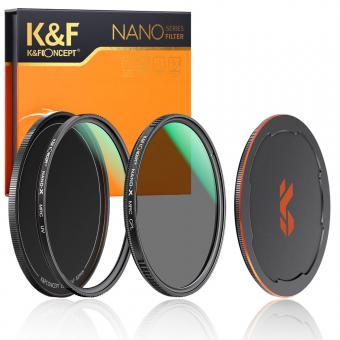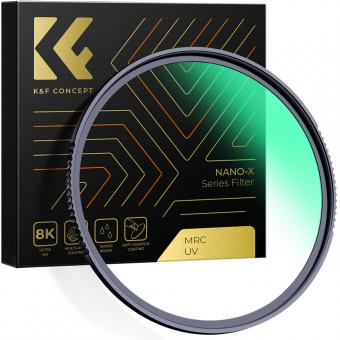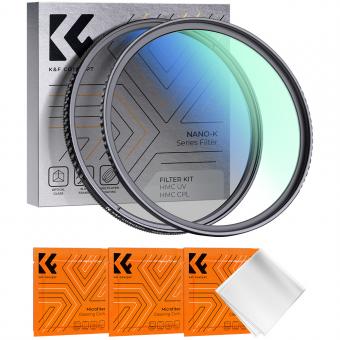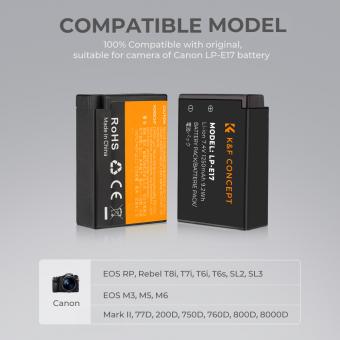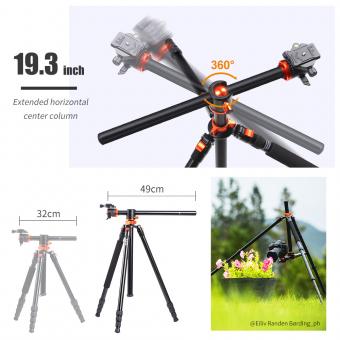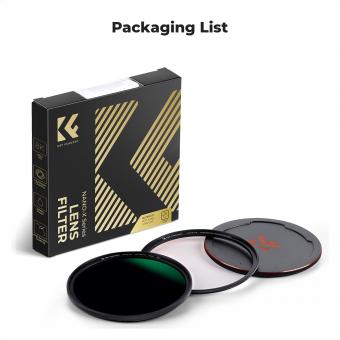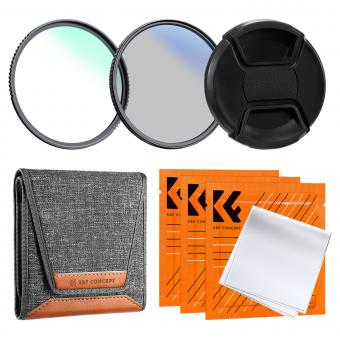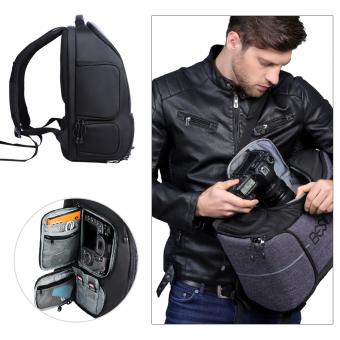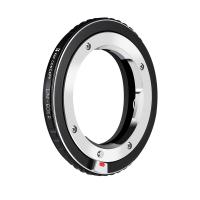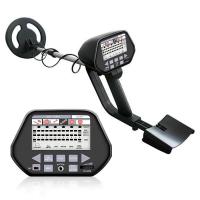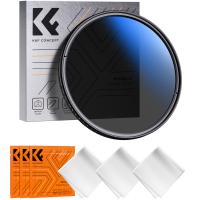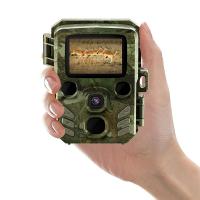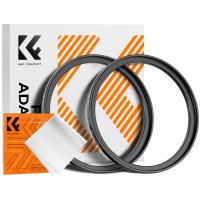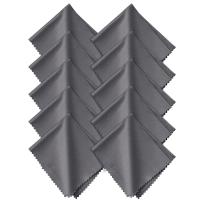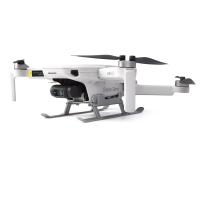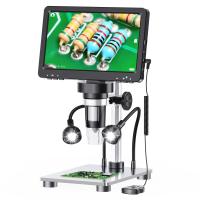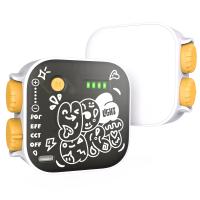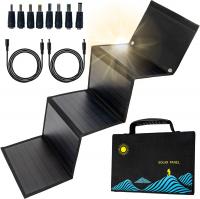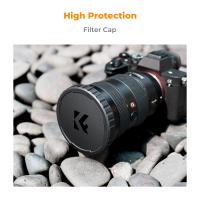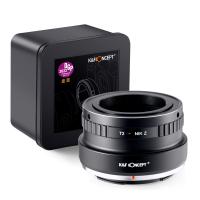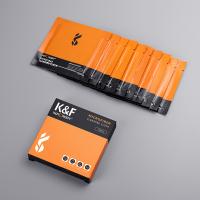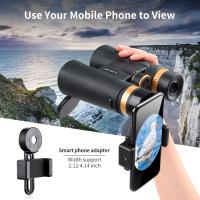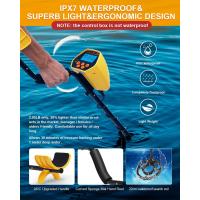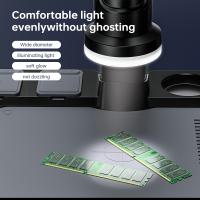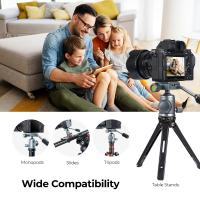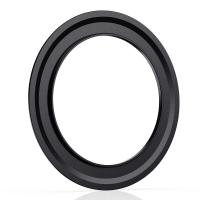What Uv Filter To Buy ?
When choosing a UV filter, it is important to consider the size and thread diameter of your camera lens to ensure compatibility. Additionally, look for a filter that is made from high-quality materials to minimize any potential impact on image quality. Popular brands such as B+W, Hoya, and Tiffen offer a range of UV filters with different features and price points. It is also worth considering whether you want a multi-coated filter to reduce reflections and improve light transmission. Ultimately, the best UV filter for you will depend on your specific needs and budget.
1、 Types of UV Filters for Photography
Types of UV Filters for Photography
When it comes to protecting your camera lens and improving the quality of your photographs, a UV filter is an essential accessory for any photographer. UV filters are designed to block ultraviolet light, which can cause hazy and blurry images, especially in high-altitude or coastal areas. They also act as a protective barrier against dust, moisture, and scratches.
There are several types of UV filters available on the market, each with its own advantages and disadvantages. The most common types include:
1. Screw-on UV Filters: These filters are the most popular and widely used. They are attached directly to the front of the lens using a screw mechanism. Screw-on filters are easy to install and remove, making them convenient for photographers who frequently change lenses.
2. Slim UV Filters: Slim filters have a thinner profile compared to standard screw-on filters. This reduces the chances of vignetting, especially when using wide-angle lenses. Slim filters are ideal for photographers who shoot landscapes or architectural subjects.
3. Multi-Coated UV Filters: These filters have multiple layers of coating applied to the glass surface. The coatings help reduce reflections, flare, and ghosting, resulting in sharper and more contrasted images. Multi-coated filters are recommended for professional photographers who demand the highest image quality.
4. Water-Repellent UV Filters: These filters have a hydrophobic coating that repels water droplets, making them ideal for shooting in rainy or humid conditions. Water-repellent filters also make it easier to clean the filter surface, as water and dirt slide off more easily.
When choosing a UV filter, it is important to consider the quality of the glass, the filter size that matches your lens diameter, and the specific needs of your photography. It is also worth noting that some photographers argue that UV filters are unnecessary in digital photography, as modern camera sensors are already equipped with UV filters. However, others still find value in using UV filters for lens protection and to enhance image quality.
In conclusion, the type of UV filter to buy depends on your specific requirements and preferences as a photographer. Consider factors such as lens diameter, image quality, and shooting conditions to make an informed decision.
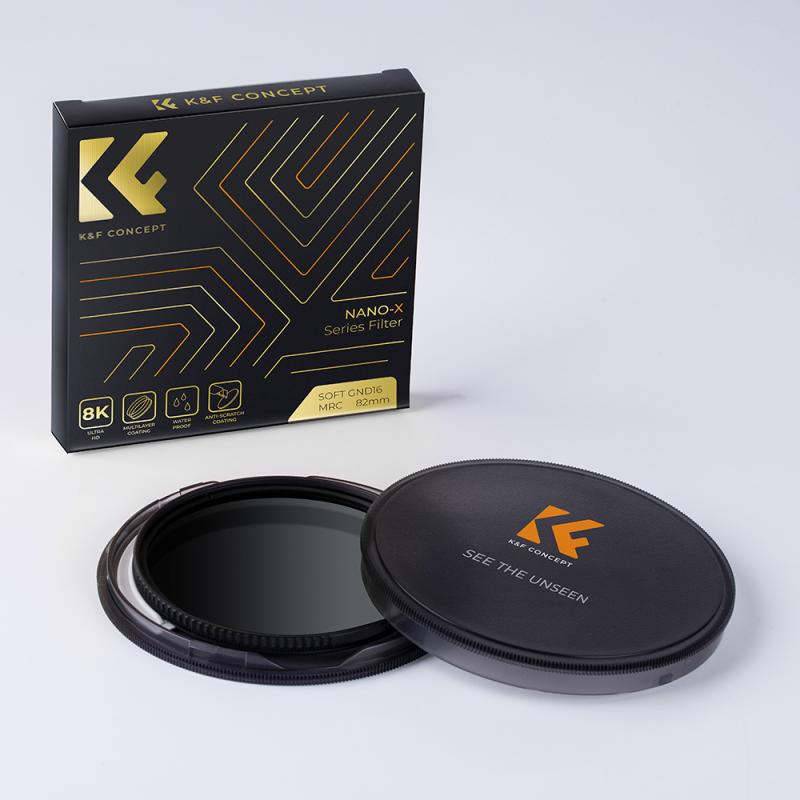
2、 Factors to Consider When Choosing a UV Filter
Factors to Consider When Choosing a UV Filter
When it comes to choosing a UV filter, there are several factors to consider to ensure you make the right choice for your needs. Here are some key points to keep in mind:
1. Quality: Look for a reputable brand that offers high-quality filters. Cheaper options may not provide the same level of protection or image quality.
2. Filter Size: Make sure the filter you choose matches the size of your lens. Most filters come in standard sizes, but it's important to double-check before purchasing.
3. Coating: Consider filters with multi-coating or anti-reflective coatings. These coatings help reduce flare and ghosting, resulting in better image quality.
4. Filter Material: UV filters are typically made of glass or resin. Glass filters are generally considered to be of higher quality and offer better optical performance.
5. Filter Strength: UV filters come in different strengths, such as UV-A, UV-B, and UV-C. UV-A and UV-B filters are commonly used for photography purposes, while UV-C filters are used in scientific applications.
6. Compatibility: Ensure that the filter you choose is compatible with your camera and lens. Some filters may cause vignetting or interfere with autofocus systems.
7. Price: While price shouldn't be the sole determining factor, it's important to consider your budget. Remember that investing in a higher-quality filter can result in better image quality and protection for your lens.
8. Latest Point of View: In recent years, there has been some debate about the necessity of UV filters, as modern camera sensors are already equipped with UV filters. However, UV filters can still provide additional protection against dust, scratches, and accidental damage to the lens. Additionally, they can be useful in certain situations, such as shooting at high altitudes or near water bodies, where UV rays are more intense.
In conclusion, when choosing a UV filter, consider factors such as quality, size, coating, material, strength, compatibility, and price. While the necessity of UV filters may be debated, they can still offer added protection and improve image quality in certain situations.
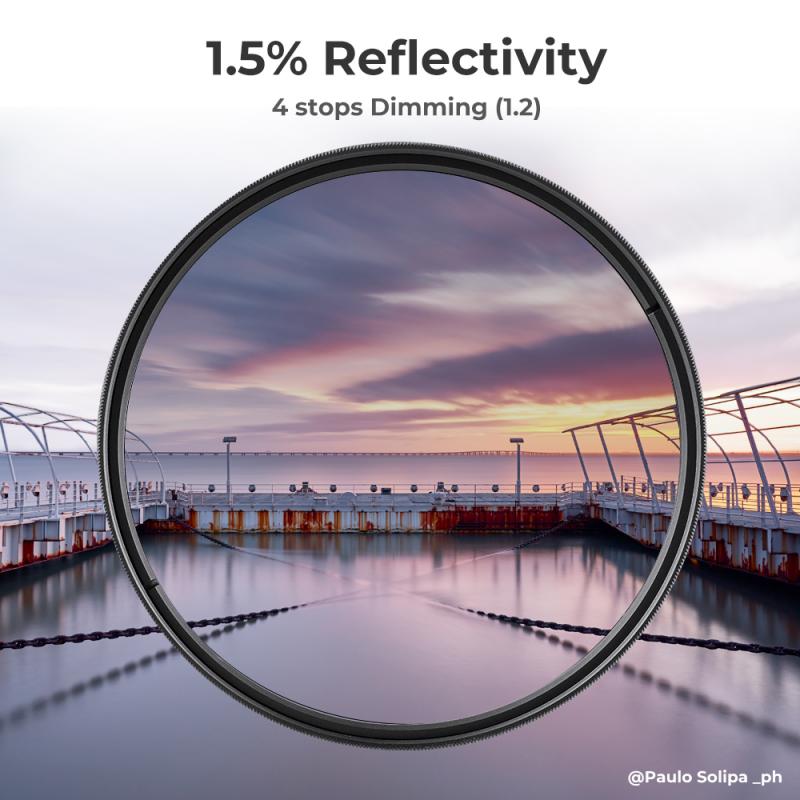
3、 Top UV Filters on the Market
Top UV Filters on the Market
When it comes to protecting your camera lens from harmful ultraviolet (UV) rays, investing in a high-quality UV filter is essential. Not only do these filters block out UV light, but they also serve as a protective barrier against scratches, dust, and moisture. With a wide range of options available, it can be overwhelming to choose the right one. However, here are some top UV filters on the market that are worth considering:
1. B+W UV Haze MRC Filter: Known for its exceptional optical quality, this filter effectively reduces haze and provides excellent color neutrality. Its multi-resistant coating (MRC) repels water, dust, and fingerprints, making it easy to clean and maintain.
2. Hoya HD UV Filter: This filter boasts a hardened glass construction that offers superior durability and scratch resistance. It features a 16-layer multi-coating that minimizes reflections and ghosting, resulting in sharper and clearer images.
3. Tiffen UV Protection Filter: With its high-quality optical glass, this filter effectively blocks UV light while maintaining image clarity. It also features Tiffen's exclusive ColorCore technology, which ensures the filter's color consistency and durability.
4. Heliopan UV Filter: Renowned for its precision engineering, this German-made filter provides excellent UV protection without compromising image quality. Its brass construction ensures durability and smooth mounting.
5. Breakthrough Photography X4 UV Filter: This filter is known for its exceptional optical performance and color accuracy. It features a weather-sealed brass frame and a nano-coating that repels water and oil, making it easy to clean.
It's important to note that the latest point of view on UV filters is that they may not be necessary for digital cameras, as most modern camera sensors have built-in UV filters. However, UV filters still serve as a protective layer for the lens, preventing scratches and other damage. Ultimately, the decision to use a UV filter depends on personal preference and shooting conditions.
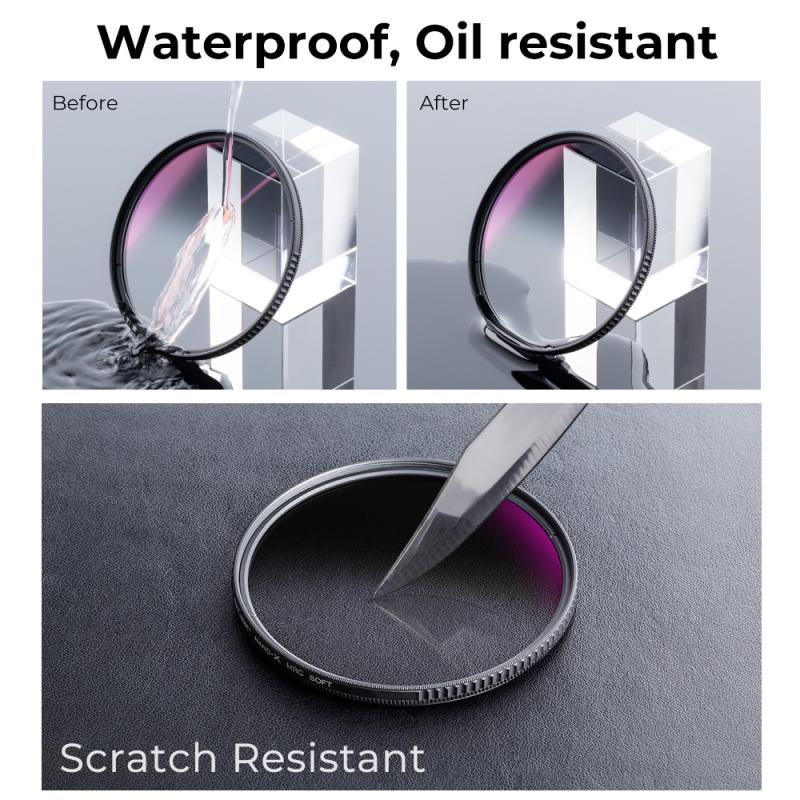
4、 UV Filter Recommendations for Different Camera Brands
UV filters are an essential accessory for photographers as they help protect the camera lens from dust, scratches, and most importantly, harmful ultraviolet rays. When it comes to choosing the right UV filter for your camera, it is important to consider the specific brand and model you own. Different camera brands may have different filter thread sizes, so it is crucial to select a filter that fits your lens properly.
For Canon cameras, the Canon UV Protector Filter is a popular choice. It is designed specifically for Canon lenses and provides excellent protection without affecting image quality. Another option is the B+W UV Haze Filter, known for its high-quality glass and multi-resistant coating that minimizes reflections and ghosting.
Nikon users can consider the Nikon NC Filter, which is designed to reduce the bluish cast that can occur in daylight. It also offers excellent protection and is compatible with Nikon lenses. The Hoya UV HMC Filter is another reliable option, known for its high-quality glass and multi-coating that reduces flare and ghosting.
Sony camera owners can opt for the Sony Multi-Coated UV Filter, which is designed to minimize reflections and protect the lens from dust and scratches. The Tiffen UV Protection Filter is also a popular choice, offering excellent UV protection and durability.
For other camera brands like Fujifilm, Olympus, and Panasonic, the Hoya UV HMC Filter and B+W UV Haze Filter are widely recommended due to their excellent build quality and optical performance.
It is worth noting that some photographers argue against using UV filters, claiming that modern lenses already have built-in UV protection. However, others still prefer to use UV filters as an extra layer of protection for their expensive lenses.
In conclusion, when choosing a UV filter for your camera, it is important to consider the specific brand and model you own. Look for filters that are designed for your camera brand, have good build quality, and offer excellent UV protection without affecting image quality.
